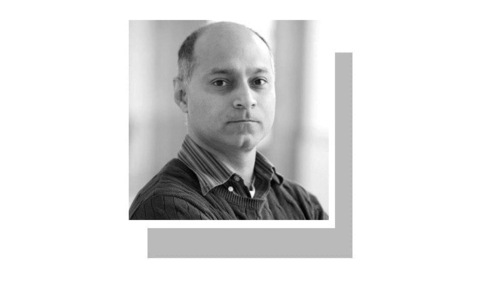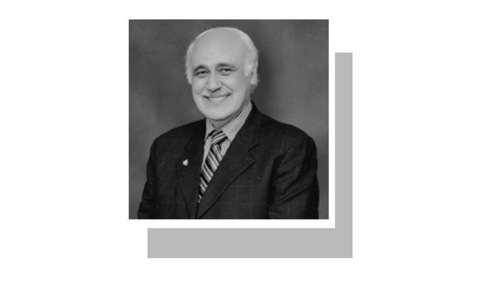 DHAKA, Dec 24: Bangladesh goes to the polls on Monday to restore democracy but analysts say the dysfunctional political system that prompted the army to step in two years ago remains largely unchanged.
DHAKA, Dec 24: Bangladesh goes to the polls on Monday to restore democracy but analysts say the dysfunctional political system that prompted the army to step in two years ago remains largely unchanged.
Hopes that a new chapter could begin for the graft-ridden country appear to have been dashed as the two women who have dominated public life for years are back fighting for power.
Either Sheikh Hasina Wajed or Khaleda Zia — nicknamed the “battling begums” for their longstanding rivalry — will win Monday’s vote despite each having been jailed on corruption charges by the caretaker regime.
Both have previously been prime minister and both still face graft charges, but they have been released in deals to ensure they take part in the polls.
Manzoor Hasan, director of BRAC University’s Institute of Governance Studies in Dhaka, said that although the caretaker government had implemented institutional reform, the real test would only come after Monday.
“The fact that we have the same faces more or less back on the political scene may be perceived as a negative indication that people will go back to their old behaviour,” he said.
“The rhetoric is pretty much the same which is the most disappointing thing.” Some commentators say the high number of first time voters — 32 per cent — could spell an opportunity to bring change to the country of 144 million people, one of the poorest in the world.
But many argue that with the same people fighting for control the political framework may simply regress to how it was before the current government came to power in January 2007.
The events which saw the army step in, impose a state of emergency and cancel elections after months of political violence are dubbed “1/11” within Bangladesh.
“The question is whether we are going to be back to that confrontational politics that we saw before 1/11,” Hasan said.
The two main parties, Sheikh Hasina’s left-of-centre Awami League party and its rival Zia’s Bangladesh Nationalist Party (BNP), have dominated campaigning, but there are many new independent candidates running for office.
Hasan said the interim authorities, which promised to hand back power to a civilian government by the end of 2008, had run out of time to convict political leaders and bring about real change.
Prof Syed Ahsanul Alam Parvez, chairman of the Centre for Good Governance at Chittagong University, said some good had emerged in the previous two years although political standards remained far from acceptable.
“Politics here has changed,” he said. “There will still be corruption but leaders know that they can’t get away with just anything now. It was so blatant in the past.” He praised the military-backed regime’s work, particularly reform of the voting system and introducing a photo ID list that eliminated 13 million fake names, but said it would take years for the country’s politics to develop.
Dhaka University politics professor Ataur Rahman said one key moment would soon signal whether any progress had been made.
“Let’s see whether whoever loses will accept the result,” he said. “Only after the election will we be able to know whether there has been a change in political culture.” International and domestic observers say the elections are the fairest in the country’s history, but the Brussels-based International Crisis Group recently warned the political situation remained “complex and fragile.”It also said that the powerful military may not be ready to bow out of politics.—AFP













































Dear visitor, the comments section is undergoing an overhaul and will return soon.